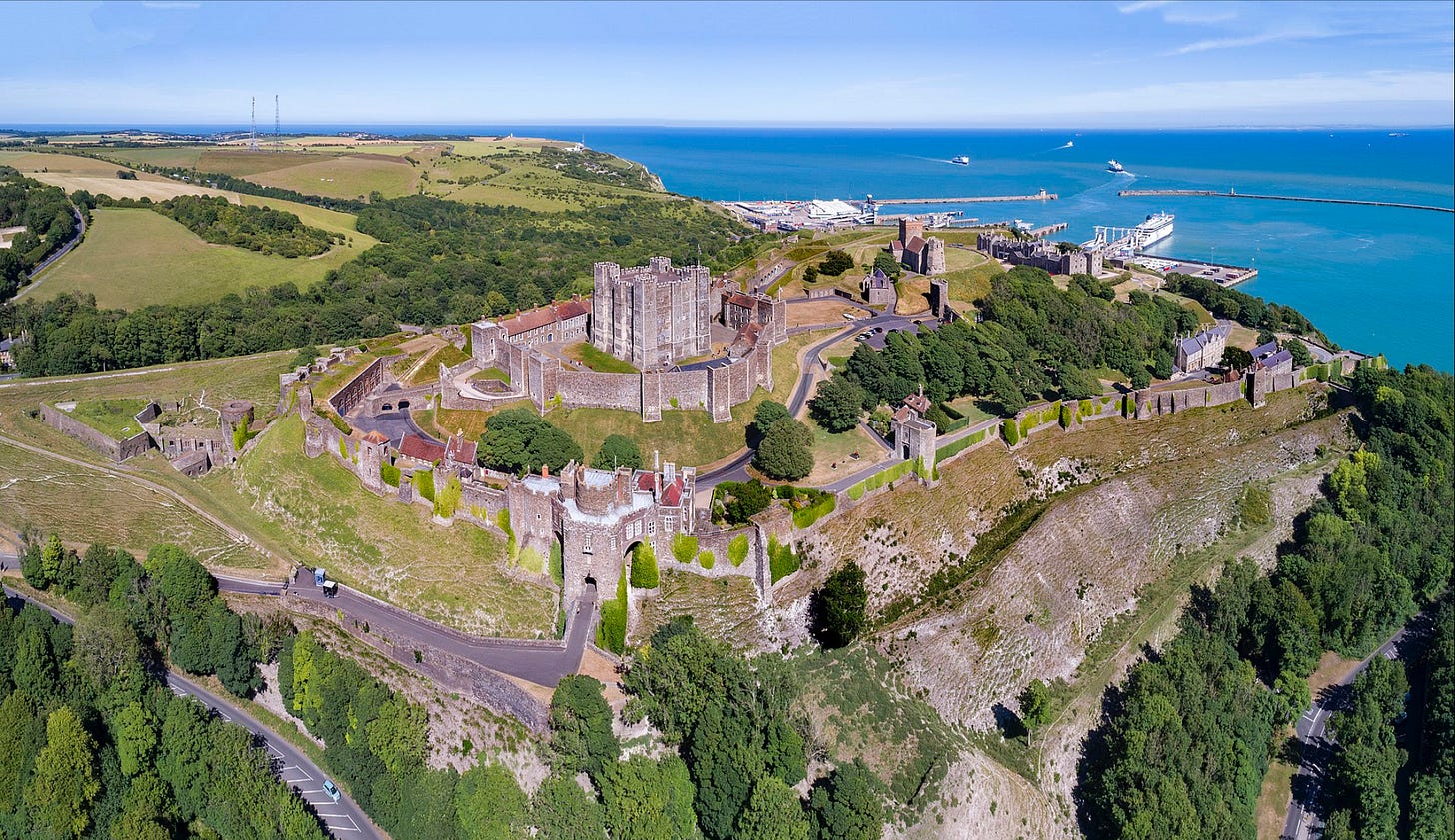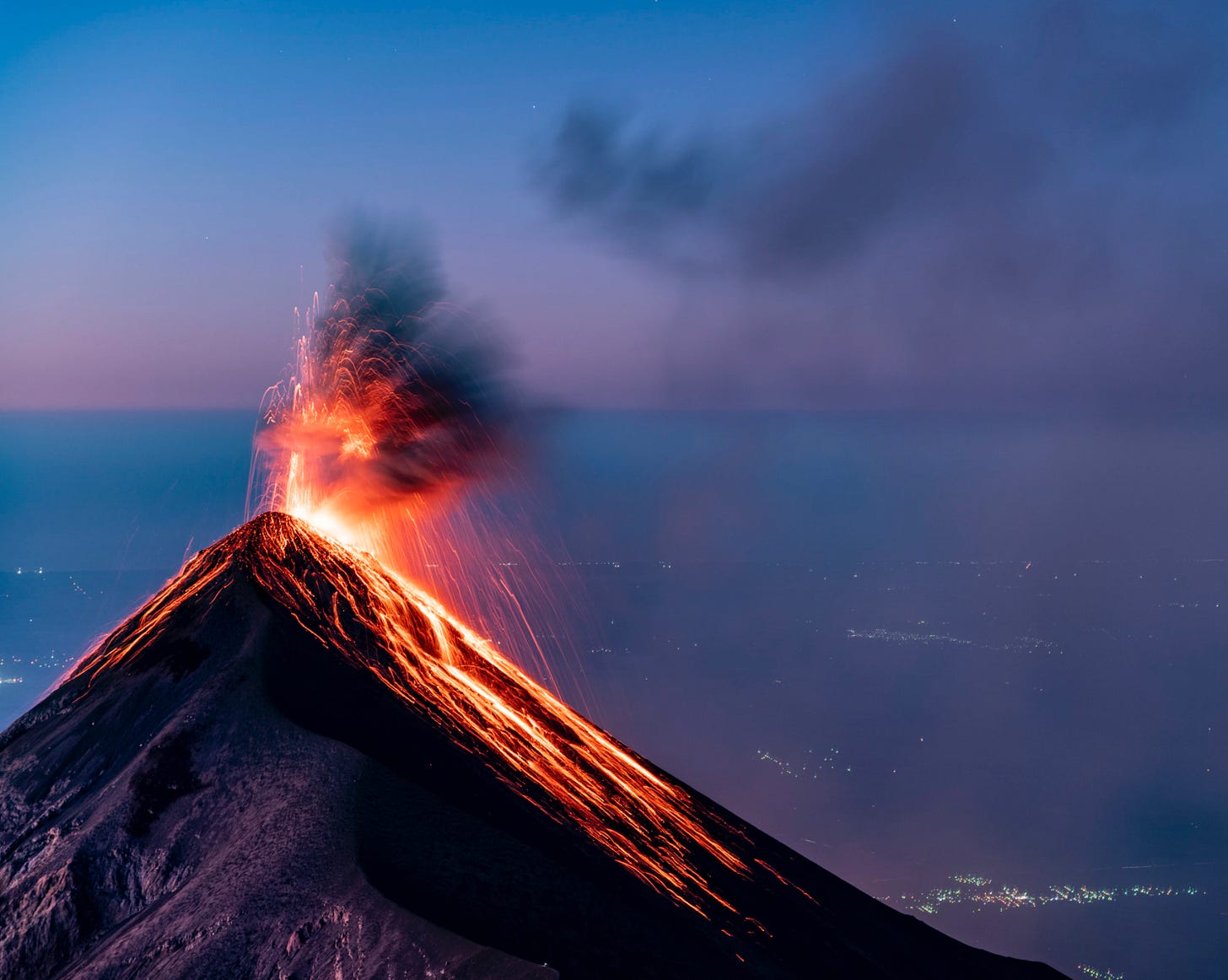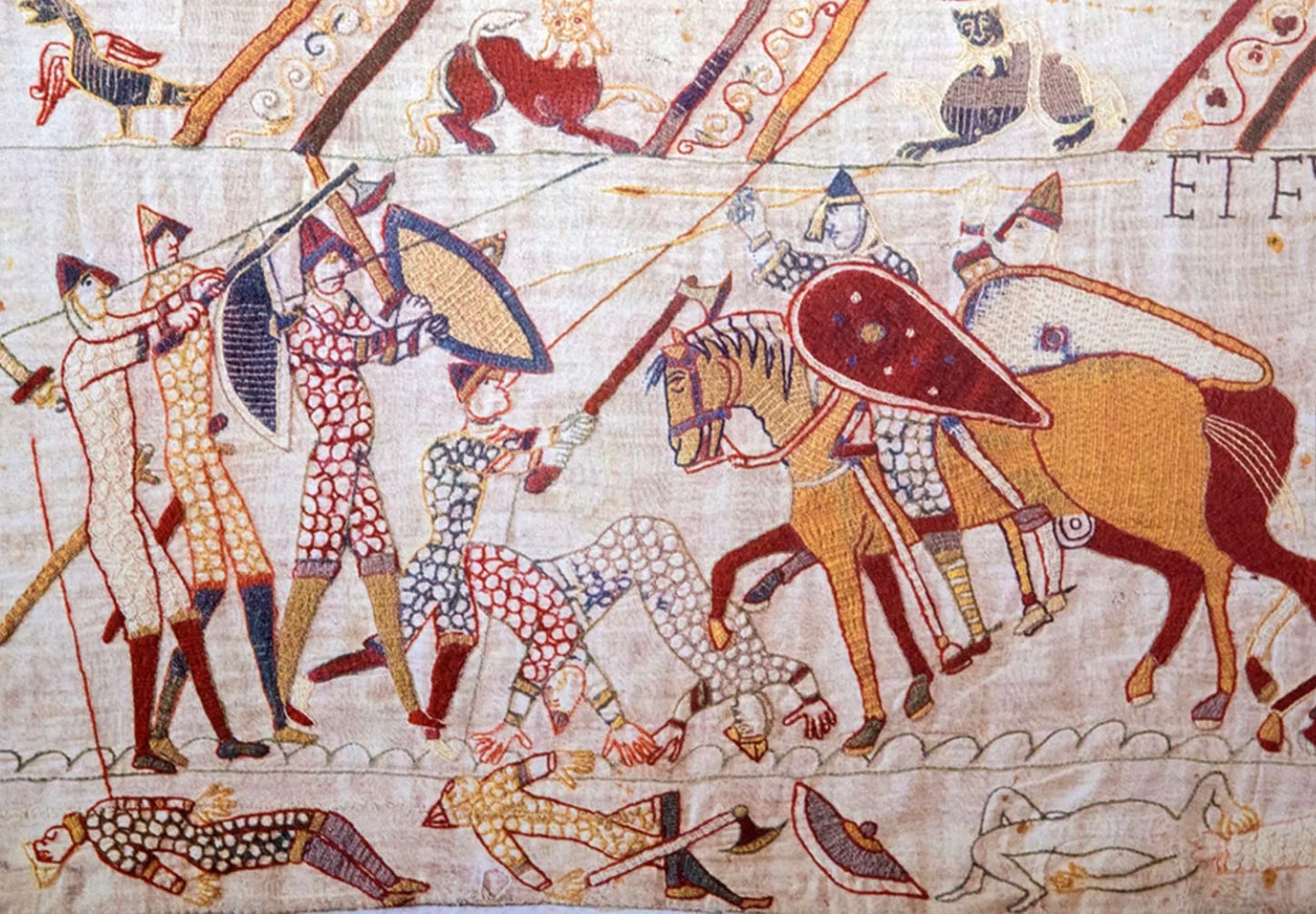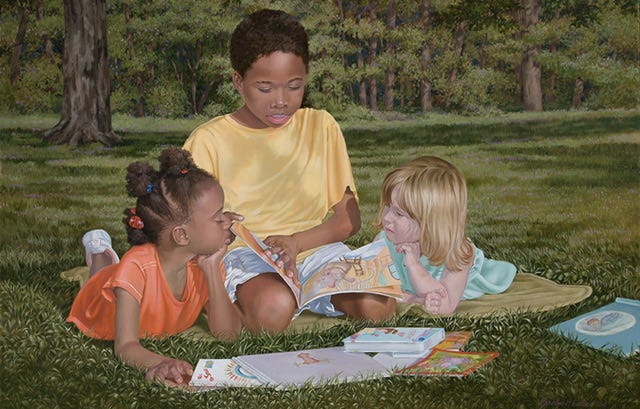How We Homeschool Pen Pal Exchange
The pen pal exchange is live and kicking. If your child would like a pen pal, leave a comment or send an e-mail with their age and home country, and I’ll get to work!
Last week I shared my plan for maths and English for the year ahead. This I’m moving on to how we’ll cover history and geography. Of the four of us in the family, at least three are history nerds, so we possibly do more history than other families with children our age (5 and 7). We just really love it, and history seems to connect to so many other subjects that it’s a great way in to loads of different topics.
With numeracy and literacy my aim is to make sure we cover the basics while also leaving plenty of room for discovery and fun. As I mentioned in that first post, we were unschoolers for a while and it worked really well, so I don’t want a detailed plan to mean there’s no more room for wonder and surprise. My history plan is just a loose structure. With no plan at all, we would still cover lots of history. But it would also be a bit random and miss some important centuries, continents, and people!
As per The Well-Trained Mind we spent the past year studying the Ancient World, and we’re now moving on to the Middle Ages/Medieval World, roughly 500-1500 AD. We’re starting from 410AD, the end of Roman Britain. I am not much of an expert on this 1000 year period, so to help myself, I’ve broken it down into the following areas:
Anglo-Saxons
Vikings
Normans
Crusades
Hundred Years War
Black Death
Wars of the Roses
Explorers and Sailors/Colonisation
Aztecs and Mayans
Artists
Inventions
This means that to begin with I only need to focus on the first three items, up to 1066 and the Battle of Hastings. Then I can brush up on my Crusades knowledge!
I have a list of about 30 ‘big names’ from the period which will fit into these areas or stand alone, and lists of relevant books to buy/borrow throughout the year. (We don’t have to learn about all 30. It’s a list of options.) I’ll also use these lists as an aide-memoire when we’re out and about so I know what to look out for. We will of course be visiting museums, castles etc.

Last year there was no fixed plan for how we would cover the Ancient World. We just read loads of books and magazines, listened to podcasts and audiobooks, and visited museums. This year I’m going to attempt a little more intentionality, but I’m not wedded to it. We’ll see how it goes.
I am tentatively planning to read aloud a page or two from the Medieval World section of our Encyclopedia of World History each week. We’ve been doing this for a couple of weeks. I like the idea because it will give us a really thorough, global introduction to the whole 1000-year sweep, but I’m not sure if it also feels a bit disjointed for the children. Some parts (castles, knights, the Black Death) mean a lot more to them than others (cities of East Africa, conquerors of Northern India). We can’t cover every section in-depth, and perhaps reading a double-page spread on the more unfamiliar topics is not enough to make it meaningful and we’d be better off skipping it. We’ll see.
(Side note: I had read in various places that the Kingfisher history encyclopedia is what I should be using. I found it in the library recently. I was happy to discover that it is much the same as the Usborne version, but with more words and fewer pictures. So it might be better for slightly older children, but for my two the Usborne book is fine. So that’s one less book on my list!)
We’ll also refer to the excellent Timelines of Everything, which along with the encyclopedia will help to broaden my rather Anglo-centric list above. And inevitably we’ll study other periods as they take the children’s fancies. (I recently discovered Timelines of Everyone, which also looks fantastic. So, er, that’s one more for the list…)
We have a timeline running along one wall of our sitting room, which we’ll add to as we encounter new key dates. The children also each have a history folder, which they can add whatever they want to (because I’m a snob, and don’t want ‘1996: Invention of Pokemon’ on the wall timeline). The folders also have the advantage of not being limited by the length of our wall, so both children chose to begin with the Big Bang. The timeline and the folders help to give the children a sense of the order of things, which is useful whether we manage a chronological survey or jump about between millennia.
My son’s Mysteries in Time subscription is still hugely popular, and I’ve recently realised you can buy the packs individually, if you want to try one on a theme you’re studying. (They do Vikings, Romans, Greeks, Space, Stuarts, Aztecs, Wild West, Elizabethans, Egypt, WW2, Ancient China, Victorians.)
History work appears on the Mon-Fri list about twice per week as a specific item, when I read from the encyclopedia or a section from another book.
Geography
Perhaps I’m about to incur the wrath of dedicated geographers, but in our family geography doesn’t have a detailed plan and it never appears on the daily lists. To my mind, geographical knowledge falls into four areas:
‘Small’ geography—the geography of your local area and other places you visit (cliffs, main roads, rivers, hills etc).
‘Big’ geography—where is Africa, the Pacific Ocean, Istanbul?
The geography that I think of as earth science—volcanoes, tectonic plates, ocean currents etc.
Geographical skills—compasses, maps, atlases etc.
All these areas come up naturally in daily life and as part of other studies. When we learn about the Emperor Justinian, we find Constantinople/Istanbul on the map. When we read that mandrills live in west central Africa, we consider what ‘west central’ means, and find it on the map. When we do our walks along the River Thames, I show the children where they are on the map, the shape of the river and which side of it we live on. The children love learning about how planet Earth works so they pick up relevant books by choice, and we are lucky to have the Natural History Museum on our doorstep.

Occasionally we learn about particular countries, what their geography is like and how their inhabitants live. For example, my daughter has always loved New Zealand, and when I read something interesting in National Geographic I share it with the children. In this way we have learned a little about Nigeria, China, and Afghanistan. Earlier this week we explored the brilliant Dollar Street website which is certainly something we will return to.
For now, I don’t insist on any writing relating to geography. There’s no geography folder or notebook that they’re slowly adding to, country by country or fact by fact. For a little while my daughter kept a notebook where she recorded her observations of the weather. A few months ago she stayed up late making a careful map of Europe in 1940. I can tell the children are retaining information—for example, they make progress at identifying continents and countries on the world map. As we transition from total unschooling to a more structured approach, I don’t want to give every subject a plan and a schedule all at once, and geography seems to be working well without one.
Three related How We Homeschool posts you might like:
Read a lot. Observe the world around you. Talk about it.
As unschoolers we believe that learning is life. Learning can happen anywhere: in a paddling pool, in a cafe, in a museum, in a field. And anytime between the hours of 7am-7pm (after that I consider myself off the clock and very much in overtime territory). We also follow a child-led approach, so if the children are obsessed with dinosaurs, we’ll learn …
My plan for the year: Numeracy and Literacy
I’ve written about how I plan in a previous post, but I thought it might be interesting to share a bit more information on what that plan actually looks like. We used to be unschoolers, but we’re slowly moving towards a little more structure and formal learning. For us, unschooling was wonderful up to the age of seven-ish, but now that my daughter is en…
The life-changing magic of a homeschool To Do list
A brief introduction for new readers: A few weeks ago I shared that I was introducing a daily list for the children. I was inspired by Rachael Ringenberg, and Rachael was inspired by Read Aloud Revival (who, by the way, has just released a podcast on this very topic.)
Thank you for reading. If you’re not already a subscriber, sign up for free and never miss a post. And please feel free to share these posts with other families who you think might like them.








Catherine, this looks like a wonderful plan for the year! We also followed the Well-Trained mind and used the Story of the World for history. There is an activity book that goes along with it that has a geography page for each chapter. There the kids would mark the main cities or land structures discussed and also draw the movements /battles etc. described. It also included related activities that we would usually do at the end of the week - the kids loved these the most and the experiences certainly stayed with them (we just recently talked about how they made "monk soup" while dressed up as monks, built catacombs (with sheets and furniture), and would reenact the silk road around the house). If you would like something fun to memorize countries and capitals, check out Memorize Academy (we used it also for the periodic table) you can see a few sample videos here https://www.memorize.academy/blog?page=2.
Also, my son (11) would be very interested in a penpal. We live in Ontario, Canada but also have a Swiss connection.
Thanks so much for organizing! :)
My child is still in the womb, so I don’t think he’s up for a pen pal just yet, but I wanted to drop you a note to tell you that your content is inspiring. I hope to be able to do this for my son as he grows. You’re doing something right if you child is reading Beowulf before bed. Thank you for sharing!